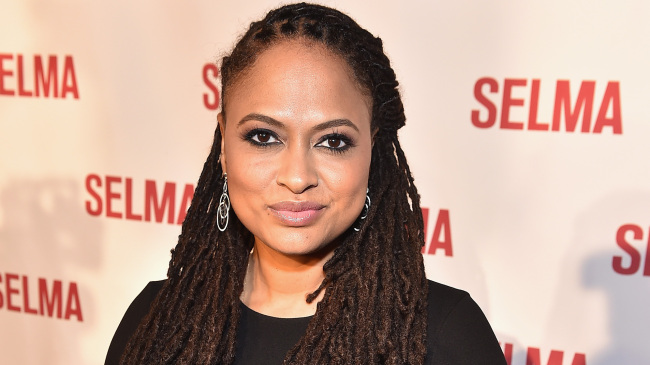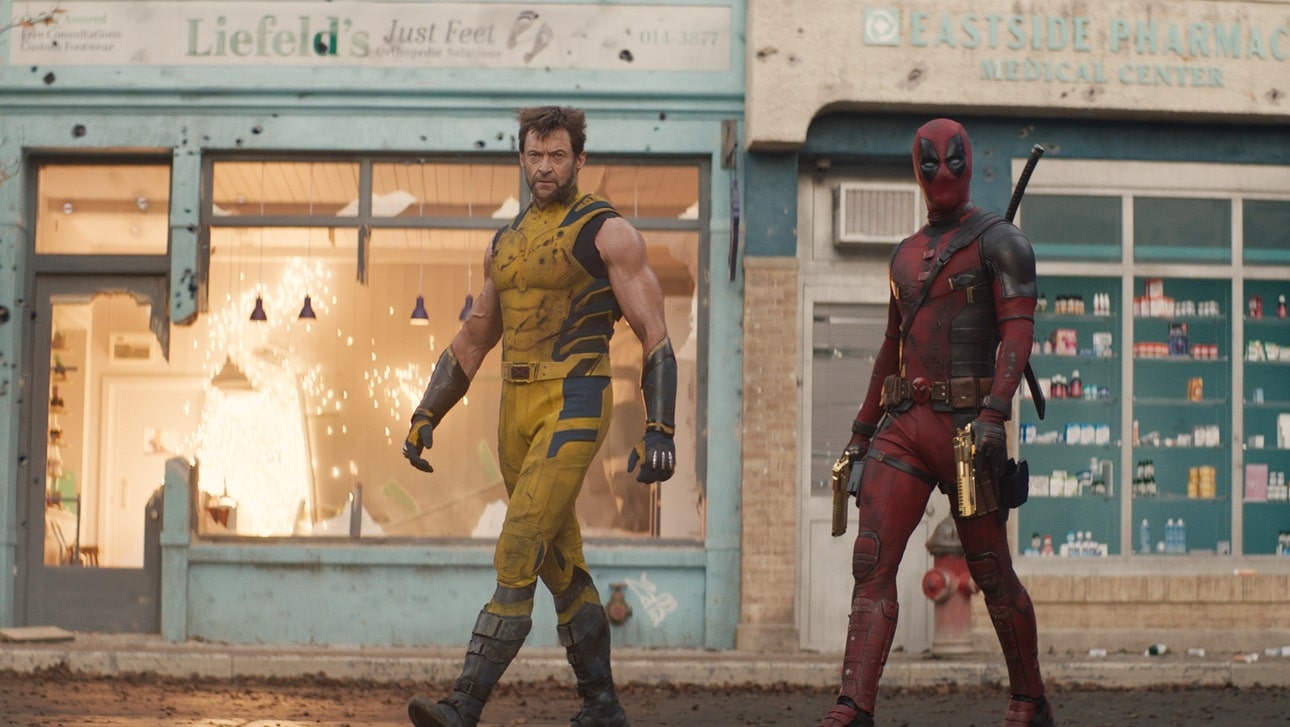By Victor Van Scoit
We may know Marvel’s movie slate well into 2018, but there’s still some unknowns when it comes to their directors. While fans are waiting for confirmation on exactly who those directors will be, any information to minimize rumors can help quell the frenzy. Sometimes it’s just as significant to know exactly who that director won’t be.
Ava DuVernay (Selma) confirmed in an interview with Essence today that she will not be directing Marvel’s Black Panther. Apparently Ava did meet with Marvel executives to discuss the opportunity, so there was merit to the earlier rumors of her directing the property to feature actor Chadwick Boseman (Get On Up).
“I’m not signing on to direct Black Panther,” she added. “I think I’ll just say we had different ideas about what the story would be. Marvel has a certain way of doing things and I think they’re fantastic and a lot of people love what they do. I loved that they reached out to me.”
“I loved meeting Chadwick and writers and all the Marvel execs,” said DuVernay. “In the end, it comes down to story and perspective. And we just didn’t see eye to eye. Better for me to realize that now than cite creative differences later.”
Seems like positive feelings on the part of Ava DuVernay regarding the experience. Kudos to her for peering far down the road and avoiding a situation where Marvel needs to push their continuity agenda vs the director’s vision. That difference of ideas isn’t a new thing, what with Joss Whedon’s recent comments regarding Avengers: Age of Ultron, and directors exiting previous projects (Patty Jenkins on Thor 2, Edgar Wright on Ant-Man). The MCU’s ever expanding continuity may end up creating more of these differences in vision, and influencing other directing prospects when it comes to not only Black Panther, but other MCU opportunities.
Abraham Riesman’s article over at Vulture, The Secret History of Ultimate Marvel, the Experiment That Changed Superheros Forever, provides a little morsel that’s food for thought. Marvel’s Ultimate line of comics influenced the MCU we know today, but it had its own continuity issues as it grew in popularity.
If a new reader tried to digest an issue of an Ultimate comic in 2011, she’d run into the exact problem Ultimate Marvel was designed to combat: confusing continuity. Wait, why was Mr. Fantastic evil? What had happened four years ago in Ultimatum? Remind me how Dr. Doom died? As [Jonathan] Hickman put it: “I think maybe the lesson might be that continuity eventually swallows everything.” (Incidentally, now that the Marvel Cinematic Universe is 11 movies deep, this is becoming a concern for Marvel Studios. It remains to be seen how Marvel’s movie producers might learn from the pitfalls of the Ultimate world.)
As for Ava DuVernay she still wishes Marvel all the best. Let’s hope that Marvel is also able to get the best (director).
“I love the character of Black Panther, the nation of Wakanda and all that that could be visually. I wish them well and will be first in line to see it.”










Yeah, the Ultimate Universe eventually rendered itself redundant — the Marvel Universe absorbed all the popular elements from the Ultimate line, while the Ultimate line started to get bogged down by the kind of stuff that was strangling the Marvel Universe. Not just continuity, but caution; from what I understand Millar and Hitch intended to kill off Iron Man and Nick Fury at the end of The Ultimates but editorial wouldn’t let them because the first Iron Man movie was coming. The Ultimate Universe lost the sense that anything could happen and creators would take the sort of huge risks that they would never take in the regular universe. (Of course, other teams later went on to kill the Ultimate versions of Marvel’s two most popular characters, Spider-Man and Wolverine, but of course those two characters already had multiple successful films under their belt and, not to put too fine a point on it, those films are by studios that aren’t Marvel.)
Of course, there’s one other fact that the MCU has to contend with just by the nature of live-action filmmaking: Iron Man can stay the same age for 50 years in the comics, but Robert Downey Jr isn’t going to get any younger, and sooner or later he’s going to have to be replaced — either another actor will take over as Tony Stark, or Tony won’t be Iron Man anymore. (The end of Age of Ultron certainly suggests the latter approach, with an All-New, All-Different Avengers team, and while I’m sure the comics will eventually hit the reset button on Jane Foster as Thor and Sam Wilson as Cap, I’m absolutely certain that Marvel Studios is gauging the fan and media reaction very very closely and taking notes. Obviously this isn’t the first time Marvel’s had a legacy character taking over an existing identity — hell, it’s not the first time there’s been a new Thor, and it’s not even the first time there’s been a new Cap in the last decade — but the only other time such a change has gotten this kind of media attention was Miles Morales.
Then again, Miles STILL hasn’t appeared outside of comics except for an episode or two of the Ultimate Spider-Man cartoon and a couple of video games.)
That’s too bad. She would be a good choice.
Comments are closed.